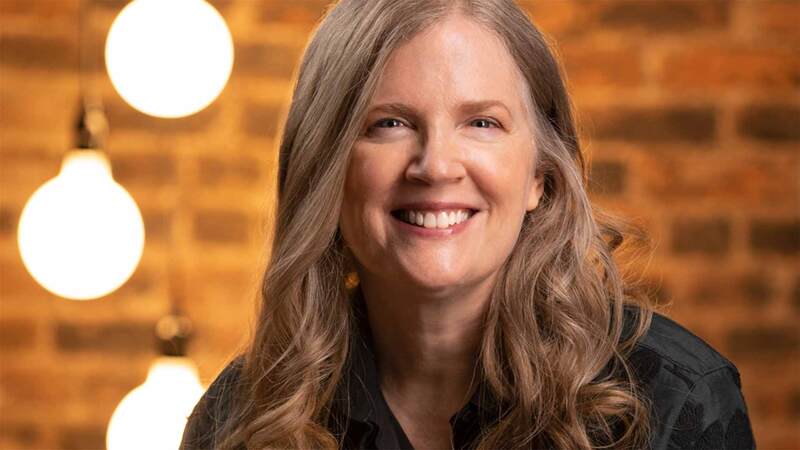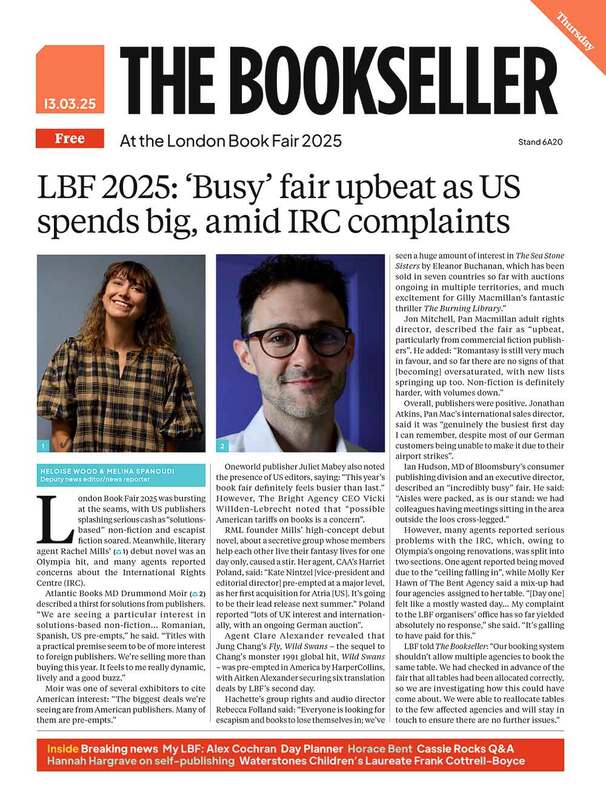You are viewing your 1 free article this month. Login to read more articles.
Abulafia’s The Boundless Sea lands £40,000 Wolfson History Prize
David Abulafia’s The Boundless Sea (Allen Lane), a global history of humankind told through our relationship with the world’s oceans, has won the £40,000 Wolfson History Prize.
Abulafia, Emeritus Professor of Mediterranean history at the University of Cambridge, was announced the winner during a virtual ceremony featuring guest appearances from previous winners including Mary Beard, Peter Marshall and Mary Fulbrook.
The Boundless Sea: A Human History of the Oceans reveals the importance of the sea to shaping human societies and lives through thousands of years of history, exploring the earliest Polynesian seafarers, who navigated by stars through to the realities of modern-day super-shipping.
David Cannadine, chair of the judging panel, said: “The Boundless Sea tackles a world-encompassing subject: humanity’s constantly changing relationship with the seas that cover most of our planet and on which our very lives depend. This is a book of deep scholarship, brilliantly written and we extend our warmest congratulations to David Abulafia.”
The winner saw off competition from a shortlist featuring John Barton's A History of the Bible: The Book and its Faiths (Penguin), Toby Green's A Fistful of Shells: West Africa from the Rise of the Slave Trade to the Age of Revolution (Penguin), Prashant Kidambi's Cricket Country: An Indian Odyssey in the Age of Empire (OUP), Hallie Rubenhold's The Five: The Untold Lives of the Women Killed by Jack the Ripper (Black Swan), and Marion Turner's Chaucer: A European Life (Princeton University Press).
Abulafia said: “Winning the Wolfson History Prize I see as a tribute to all of us who have been trying to communicate history to the public, writing in an accessible way without jargon, and making sure that people see the past as an essential part of our human experience."
The Wolfson History Prize is run and awarded by the Wolfson Foundation, an independent charity that awards grants in the fields of science, health, heritage, humanities and the arts.
Paul Ramsbottom, chief executive of the foundation, said: “This year’s prize ceremony was virtual for the first time but the essence of what the prize has stood for across nearly five decades remains constant. We celebrate the importance to society of outstanding and accessible history writing. David Abulafia’s book is magnificently ambitious, brilliantly examining the changing, extraordinarily connections between the vast oceans and humanity. While broad in chronological sweep, this clearly has a strong contemporary resonance – as our relationship with the natural world, including the oceans, is under scrutiny as never before.”
















